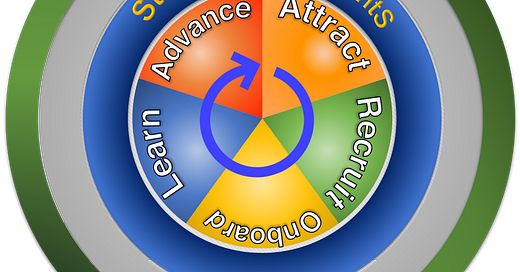Welcome to the Student360.Report newsletter. This newsletter is dedicated to topics of student success with a student-centric approach. The first report below sets the stage for further discussions.2021:2
Concerns about a lack of quality in higher education persist.
Most solutions are misguided.
Students are reported as unready for the world of work. Professors are thought to teach irrelevant subjects. Institutions are seen as focused on touting student success only as far as recruiting.
The challenge comes from a misguided focus. Quality is not represented by teaching and testing. The idea of teaching excellence, although better than a singular focus on research, misses the mark by focusing on faculty rather than students. Spotlighting a few students’ exceptional achievements as a recruiting tool seems almost cynical.
In reality, academic quality is a paradox. Students are the key raw material of quality. Their success is the product of academic quality. Students are also a key element of the means of production for academic quality.
A fresh approach is needed to recognize this central role of students. Our suggestion is to focus across the student lifecycle rather than just one part such as recruiting, classroom learning, teaching performance, or success in the job market. We call our approach Student360.Design. The idea is to design around the entire student lifecycle.
As we see it, a student lifecycle can be divided into five segments from the first awareness of and attraction to an institution and then through recruitment, onboarding, learning, and finally to advancing through career success. At each step of the way, there are touchpoints where the institution can reach out to the student. These can be early contacts of interest or the rich set of touchpoints in the learning phase. Touchpoints all generate data, which can be used to develop insights about student success.
Touchpoints all generate data, which can be used to develop insights about student success. Our approach looks at how touchpoint data influences key metrics of student success such as persistence, retention, learning, and career success.
Defining academic quality by the quality of interactions across the student lifecycle is very different from traditional approaches in higher education. The usual approach is to silo data and knowledge into functions such as recruitment, academic assessment, and alumni relations. The traditional approach misses the mark by building data silos and then looking at the data from the optic of the institution rather than the student.
Future issues of the Student360.Report should appear every week and will always have a free of charge component for readers. We will work with our client organizations on more in-depth and specific analysis and topics.





